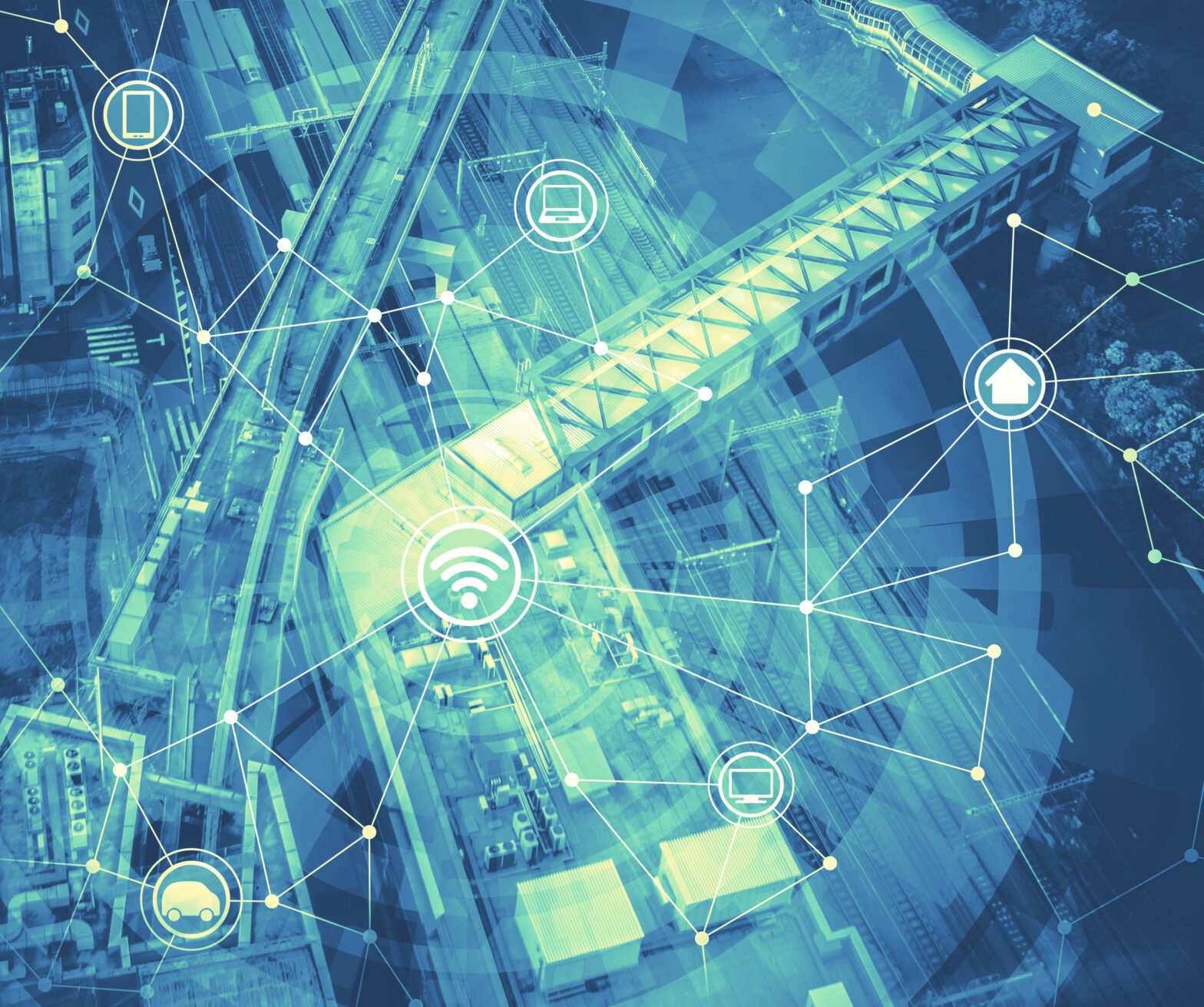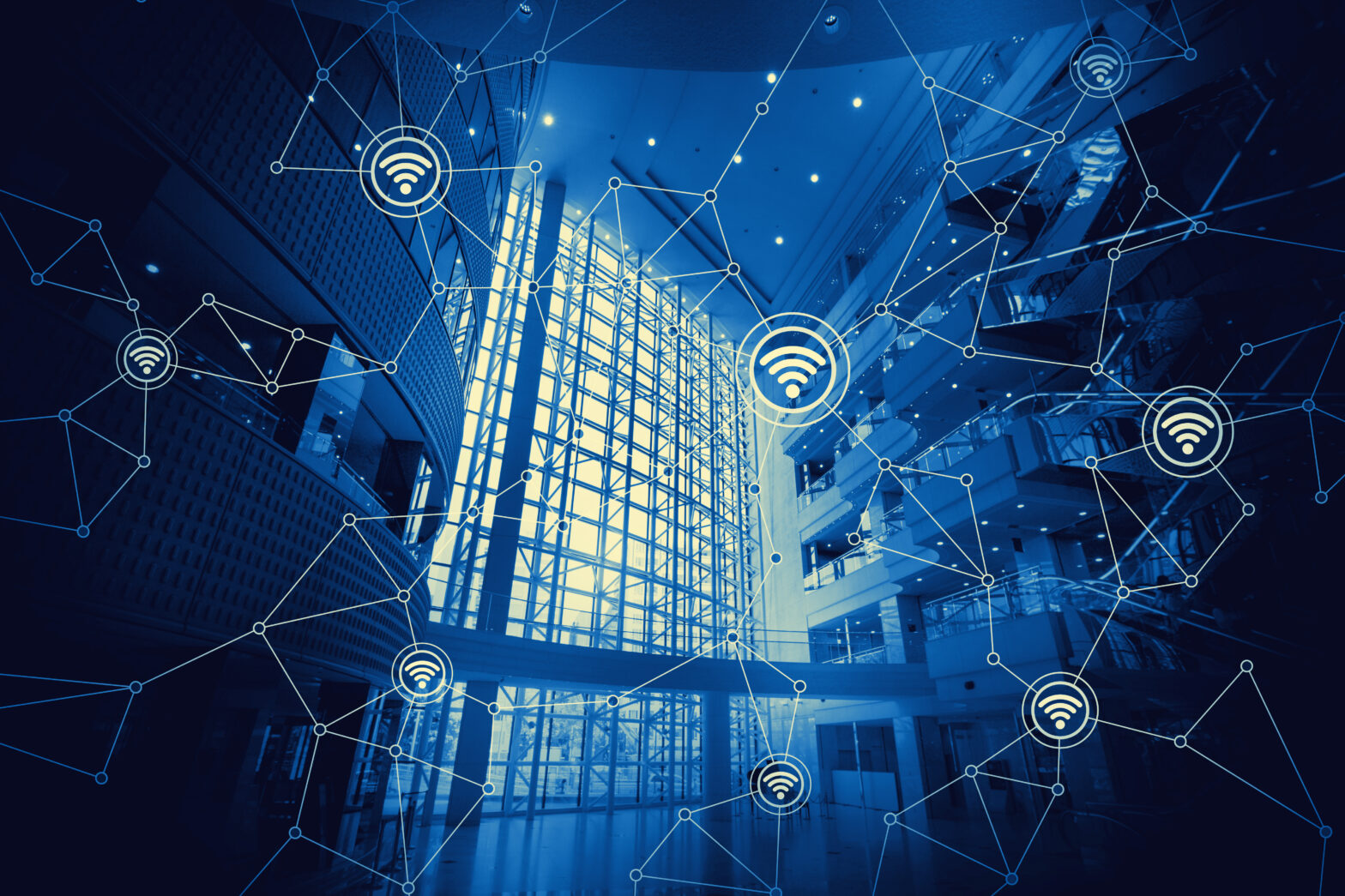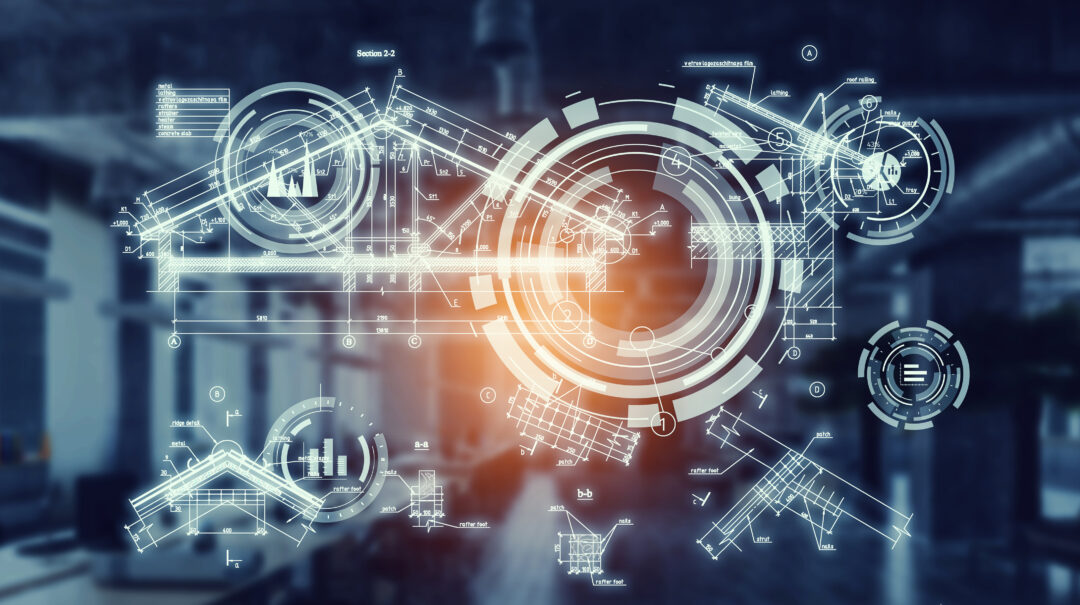Transport is arguably the sector where we will see the most profound revolution because of the Internet of Things (IoT). By collecting real-time data about all forms of transport such as congestion and rail delays, then applying AI and Machine Learning allows significant changes to how people navigate cities.
Ultimately, a greater understanding of movement will inform the design of cities and transport networks and therefore how we work and live. It may sound far-fetched – a Blade Runner-esque prophesy – but IoT is already ushering in the City 2.0.
>See also: Travelling smart: the future of transportation
Take AppyParking, an app available in 20 of the UK’s biggest cities, including London, Edinburgh and Manchester. On the face of it, AppyParking uses real-time data to help drivers find the nearest available and cheapest spot to leave their vehicles, but it’s ambitions are much higher than saving people a few quid on parking.
AppyParking, founded in 2013 by Dan Hubert and backed by Breed Reply, is recording streets in the UK by using LIDAR sensors, which map objects in 3-D by bouncing laser beams off its surroundings. This HD data set can be then used by smart cars to navigate, while local authorities can use the information to manage their street furniture.
>See also: Is IoT the next step for the mobile workforce?
Already AppyParking, which is being used in Westminster, is having a dramatic effect on how people drive and how councils respond to navigation habits. Real-time availability displays can reduce parking congestion by a staggering 22% during peak hours, while 30% fewer miles were driven looking for parking, reducing carbon emissions.
But in the longer-term what the sensor network will deliver is a platform to control the movement of the coming autonomous vehicle revolution. It won’t be long before traffic wardens and jams are things off the past.
Sourced by Emanuele Angelidis, CEO of Breed Reply










